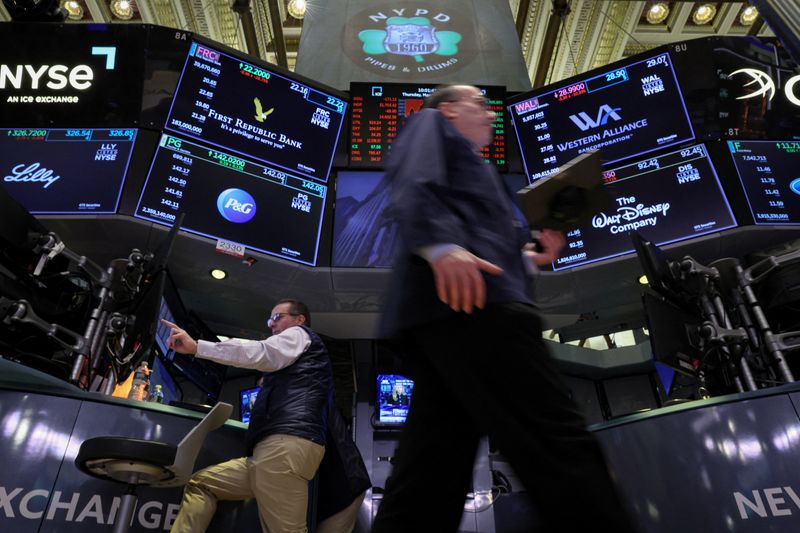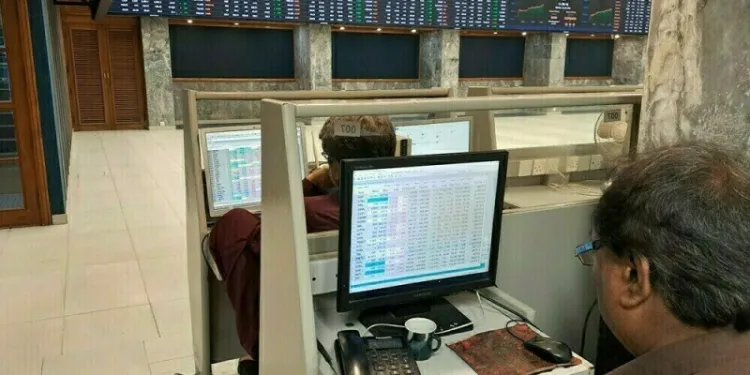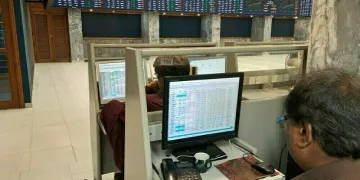
© Reuters
Investing.com — Inflation will be in the spotlight; earnings season is winding down and oil prices look set to remain volatile. Here’s what you need to know to start your week.
US inflation
The inflation outlook is set to return to the fore this week with the release of January’s personal consumption expenditures (PCE) price data on Thursday.
Recent economic data releases, including reports on as consumer prices, producer prices and employment have indicated that the U.S. economy remains robust despite a prolonged period of elevated interest rates.
That has prompted investors to push back bets on rate cuts by the Federal Reserve to later in the year.
Economists are expecting a 0.3% increase for January after 0.2% in the previous month. A stickier-than-expected reading could prompt the Fed to delay rate cuts further.
The economic calendar also features data on durable goods orders, the ISM manufacturing PMI, readings on new and pending home sales along with reports on consumer confidence from the Conference Board and the University of Michigan.
Retail earnings
Earnings season is winding down, but a number of big retailers are due to report earnings in the coming week, giving investors an important insight into the health of consumer spending.
Results from Lowe’s (NYSE:LOW), Macy’s Inc (NYSE:M) TJX (NYSE:TJX) and Best Buy (NYSE:BBY) are due as markets are shifting focus away from earnings back to the monetary policy outlook.
Jack Ablin, chief investment officer at Cresset Capital, is among the investors who see benefits if the economy continues walking a fine line to a so-called “soft landing,” in which the Fed is able to cool inflation without upending growth.
“If we can get slowing growth, slowing inflation, create an environment that the Fed can start reducing interest rates… that should help the average stock,” he told Reuters.
Eurozone inflation
The Eurozone is to release what will be closely watched inflation data on Friday, the last such reading before the upcoming European Central Bank meeting on March 7.
Consumer price inflation slipped to 2.8% in January from 2.9% in December, showing signs of moving back towards the ECB’s 2% target after soaring to double digits in 2022.
Economists are expecting an annual reading of 2.5% for February.
The ECB has held interest rates at record highs since last September, saying the wage growth is still too high to start unwinding its restrictive monetary policy.
Bundesbank President Joachim Nagel warned Friday that the ECB should resist the temptation to cut interest rates early, especially before crucial wage data in the second quarter.
China PMIs
Authorities in China have been ramping up efforts to shore up a fragile economic recovery, delivering the biggest ever reduction in the benchmark mortgage rate and boosting regulatory pressure to revive an ailing stock market.
PMI data on Friday will give some indication of how successful these measures have been.
Economists are expecting official PMI data to show that the manufacturing sector remains in contraction territory, while the Caixin manufacturing index is expected to hold steady.
Oil prices
Oil prices fell nearly 3% lower on Friday and posted a weekly decline after a U.S. central bank policymaker indicated interest rate cuts could be delayed by at least two more months.
For the week, Brent declined about 2% and WTI futures fell more than 3%. However, indications of healthy fuel demand and supply concerns could revive prices in the coming days.
Fed policymakers should delay U.S. interest rate cuts by at least another couple of months, Fed Governor Christopher Waller said on Thursday, which could slow economic growth and curb oil demand.
“The entire energy complex is reacting, because if inflation begins to come back it will slow demand for energy products,” Tim Snyder, economist at Matador Economics told Reuters.
“That is not something the market wants to digest right now, especially as it is trying to figure out a direction,” he added.
–Reuters contributed to this report
Source: Investing.com

























